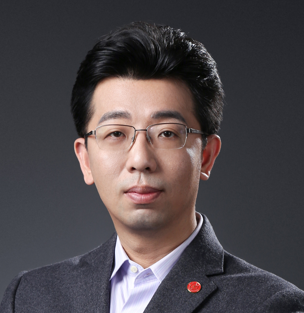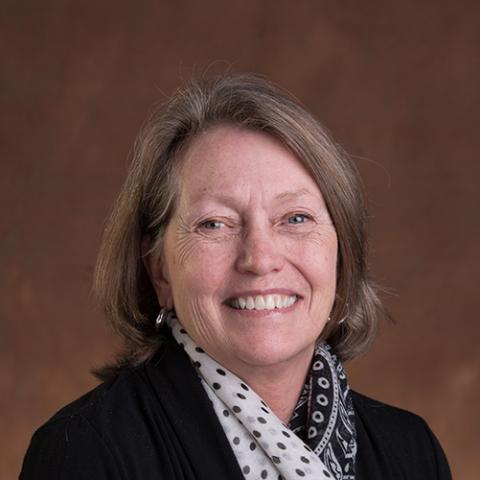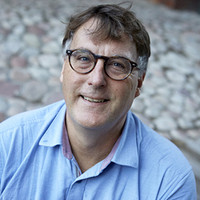Course Overview
Course Title: Ocean Sustainability in a Changing Climate
Relevant SDGs: SDG 1 6 7 8 9 12 14
Credit(s): 2 Credits
Course Description:
The ocean is possessing tremendous value for the sustainable development of human, and playing a crucial role in mitigating climate change. It is the largest carbon sink, and drives the heat balance between the ocean and the atmosphere, influencing dynamic phenomena such as storm surges and typhoons. The ocean also has profound impacts on environmental services, economic growth, and cultural development. With the global population and demand on the rise, questions emerge about how to transform unsustainable fishing practices, balance supply and demand, and enhance the scale and efficiency of the ocean economy. Additionally, how to effectively protect and utilize the ocean facing climate change presents an increasing challenge. We are confronted with an ever-growing array of urgent issues that require solutions. As modern marine engineering technologies advance, there is an opportunity to bolster our understanding of the ocean and increase the benefits of marine resource utilization. This can be achieved on a multi-dimensional and multi-level basis to enhance the ocean industry, all while emphasizing environmental sustainability. The development of clean ocean energy sources is gaining strong momentum, contributing to both the conservation and efficient utilization of marine resources.
This course aims to analyze and address issues related to the sustainable utilization of the oceans and the response to climate change from various perspectives within the fields of marine science, ecological engineering, and the marine industry. The course will provide a systematic review of global climate change and environmental issues related to the oceans, existing marine development technologies, indicators, and challenges, as well as the relationships between industry, economy, and society, and methods for addressing climate change. This course will integrate marine biology, engineering, environmental science, and economics to offer a diverse educational approach that combines theory and practice. It will outline methods for addressing climate and environmental issues, providing theoretical support for promoting the sustainable development and utilization of the oceans. This course will empower the future inovators and changemakers for a more sustainable ocean.
The participants will team up and develop one of these projects to solve the major challenges: 1) Innovation challenge: remove plastics from marine ecosystem; 2) Engineering Challenge: ecosystem engineering to reverse the climate; 3) Business challenge: sustainable low-carbon sea farm; 4) Technique challenge: transfer across marine observation and resources.
Academic Team
PI:
- Ji Li Associate professor School of Oceanography liji81@sjtu.edu.cn
Collaborators:
- Patricia Glibert Professor, University of Maryland liji81@sjtu.edu.cn
- Fredrik Gröndahl Professor, KTH Royal Institute of Technology, Sweden fredrik.grondahl@abe.kth.se
What skills will students get?
- To gain an understanding of the primary challenges facing the global oceans and to establish a profound goal of protecting the ocean for the sustainable development.
- To comprehend the primary methods of harnessing marine resources, recognize the necessity of transitioning the marine industry, enhance one's understanding of the ocean, and foster enthusiasm for ocean conservation.
- To get the state of art of technologies and concepts for regulating climate change through ocean systems and to apply both in-class and out-of-class resources to envision and design strategies to address climate change.
- To develop a comprehensive theoretical and technical framework for the protection, development, and utilization of the oceans, to understand technological advancements and developmental directions, and to align with individual career development plans.
Mode of Teaching
Lecture, Discussion, Presentation
Grading
- Attendance and class discussion participation: 40%;
- Project poster: 20%;
- Final presentation: 40%
Course-specific Restrictions
None.
Class Schedule
|
Week |
Date (DD/MM) |
Week Day |
Time (UTC+8) |
Topic |
Credit hours |
Teaching mode (Lecture/Tutorial/Discussion) |
Instructor in charge |
|
1 |
24/06 |
Monday |
18:55 - 21:10 |
Course Introduction, General introduction of ocean and climate |
3 |
Lecture,Grouping |
Ji LI Pat Glibert |
|
1 |
26/06 |
Wednesday |
18:55 - 21:10 |
Ocean, the reservoir for oxygen and carbon |
3 |
Lecture,Group discussion |
Ji Li Pat Glibert |
|
1 |
28/06 |
Friday |
18:55 - 21:10 |
The Ocean: Treasure of Proteins and Biodiversity |
3 |
Lecture,Group discussion |
Ji Li |
|
2 |
01/07 |
Monday |
18:55 - 21:10 |
The challenges of ocean sustainability |
3 |
Lecture,Group discussion |
Ji LI Pat Glibert |
|
2 |
03/07 |
Wednesday |
18:55 - 21:10 |
The natural resource and energy in the ocean |
3 |
Lecture,Group discussion |
Ji LI Fredrik Gröndahl |
|
2 |
05/07 |
Friday |
18:55 - 21:10 |
The blue carbon |
3 |
Lecture,Group discussion |
Ji LI Fredrik Gröndahl |
|
3 |
08/07 |
Monday |
18:55 - 21:10 |
Farming the ocean |
3 |
Lecture,Group discussion |
Ji LI Fredrik Gröndahl |
|
3 |
10/07 |
Wednesday |
18:55 - 21:10 |
Ocean and geoengineering 1 |
3 |
Lecture,Group discussion |
|
|
3 |
12/07 |
Friday |
18:55 - 21:10 |
Ocean and geoengineering 2 |
3 |
Lecture,Group discussion |
Ji LI
|
|
4 |
15/07 |
Monday |
18:55 - 21:10 |
The assessment of ocean sustainability |
3 |
Lecture,Group discussion |
Ji LI
|
|
4 |
17/07 |
Wednesday |
18:55 - 20:20 |
Group presentation |
2 |
Group Prestation |
Ji LI
|
|
Total |
32 |
|
|||||
Instructors

Dr. Ji Li

Dr. Patricia Glibert

Fredrik Gröndahl
Course Contact
Ji LI: liji81@sjtu.edu.cn

